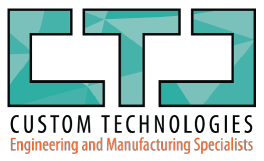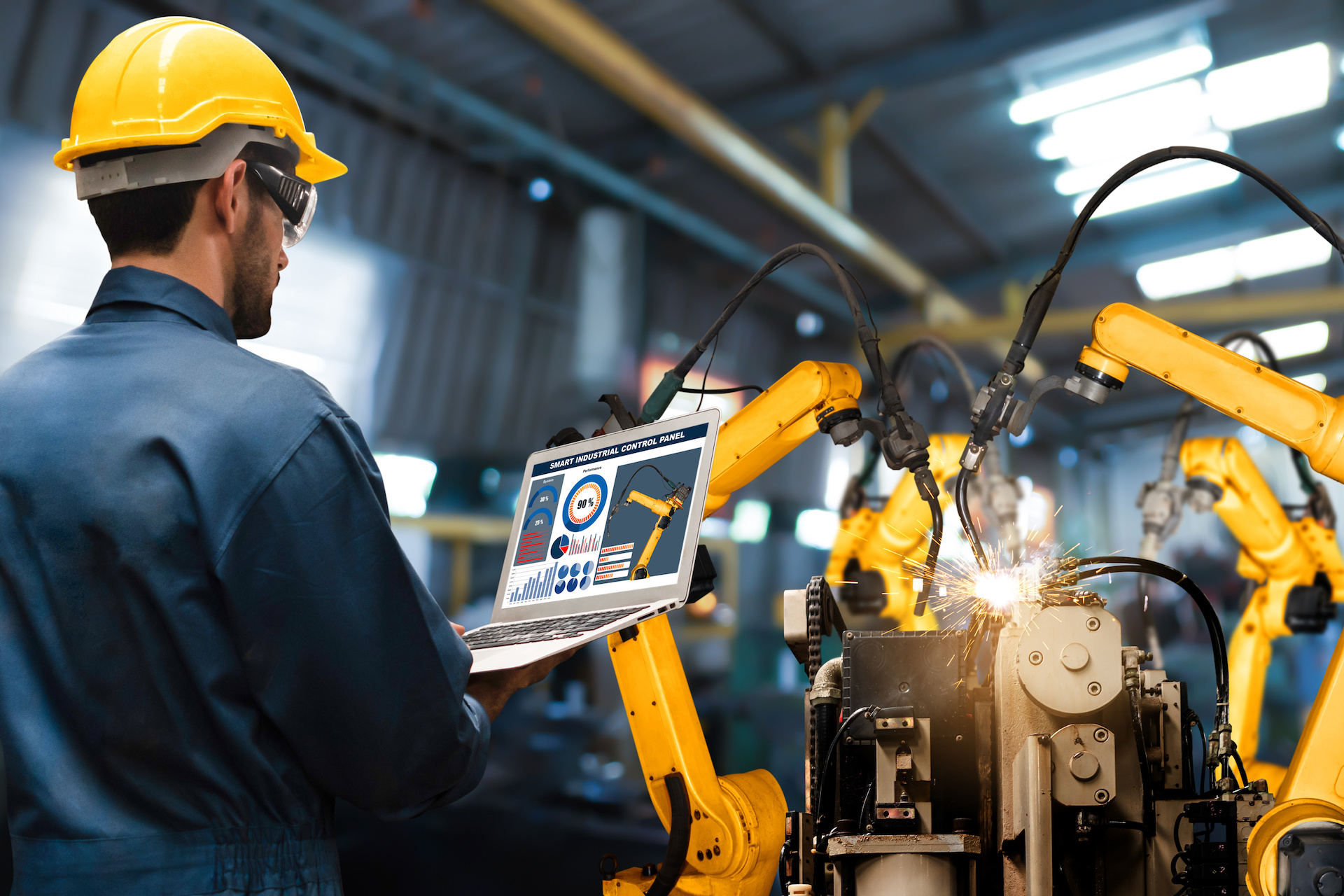Industrial automation, the use of control systems and equipment to perform tasks traditionally carried out by human workers, is picking up speed. In recent years, it’s been adopted by the automotive, electronic, and pharmaceutical industries and numerous others.
Manufacturing companies looking to be more efficient, increase competitiveness, and have less labor-intensive processes should consider automation. Learn about the pros and cons of automation in manufacturing, so you can make the best decision for your company!
Advantages of Industrial Automation
Here are 10 reasons why companies automate manufacturing operations.
- Increase Productivity -Industrial robots can work non-stop, even over the night and on weekends, with minimal supervision.
- Have Quick Changeovers – Industrial robots can easily be retooled, redeployed, and repositioned, with is especially helpful for HMLV manufacturing.
- Reduce Operating Costs – Lower the day-to-day business expenditures with automation by allowing employees to apply themselves in a more efficient way.
- Improve Product Quality – Humans make errors occasionally, whereas automated systems make repeated tasks with accuracy, consistently delivering a high-quality product.
- Create a Safer Workplace – Robotic automation can handle unpleasant, strenuous, or dangerous repetitive tasks, thereby keeping human workers safe.
- Reduce Waste – With automation, using fewer materials and reducing the amount of waste produced is possible.
- Save Space – Many robots and automated systems have compact, mobile bases that can be moved around on the floor or mounted on ceilings and walls.
- Give Workers High-Level Tasks – Humans can take on high-level tasks that require more flexibility, strategy, and expertise than the repetitive, tedious tasks now given to robots.
- Reduce Labor Turnover – When workers feel fulfilled in their work, this leads to a lower turnover rate and fewer hiring challenges.
- Gain a Competitive Advantage – By implementing industrial automation, companies can complete and deliver their products faster than competitors while ensuring consistent quality.
Disadvantages of Industrial Automation
Some companies are on the fence about choosing automation, and here are 4 reasons why.
- Worker Displacement – Since computerized tasks can be executed faster and with more accuracy than humans, robots or other automated machinery lead to layoffs in the short-term.
- High Upfront Costs – The machinery and the software required isn’t cheap, which often means the need for high capital expenditure; those considering automating a task need to compare the upfront costs to the long-term gains.
- Could Introduce New Safety Hazards – It is imperative that users understand the safety requirements of all new automated systems, as new safety hazards can occur; for instance, component malfunctions and unexpected program changes could result in an accident.
- Improperly Automated Tasks Multiplies Errors – An automated system will do a task nonstop, even when something is wrong, until a human recognizes the error and stops the system.
Talk With an Expert
As you can see, the benefits far outweigh the drawbacks. When you’re ready to implement automation for your manufacturing company, Custom Technologies is here to help.
Our highly experienced engineers and manufacturing experts specialize in launching and making products in the US heartland. The wide range of offerings we provide allows us to serve a multitude of client types, from startups and investors to large, well-established companies.
Take the first step toward making your concept a reality. To schedule a FREE consultation and discuss your needs, contact us today!


